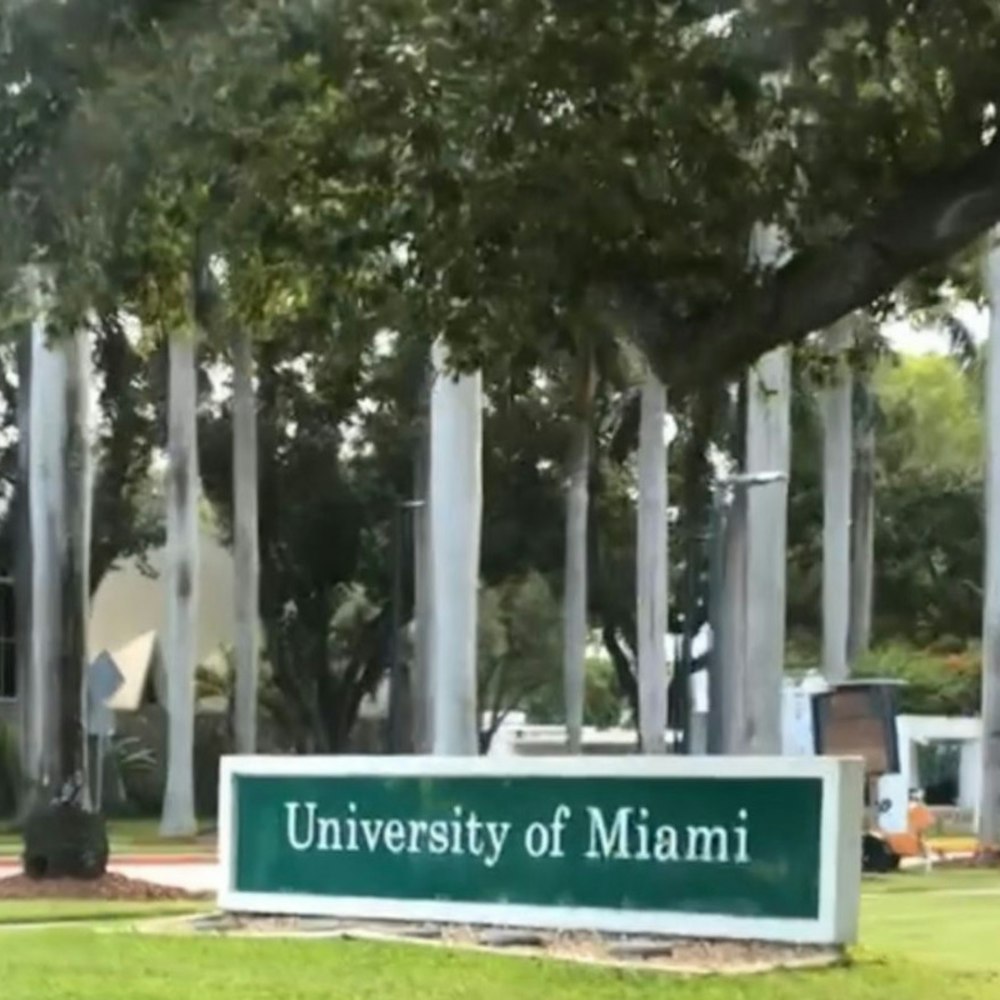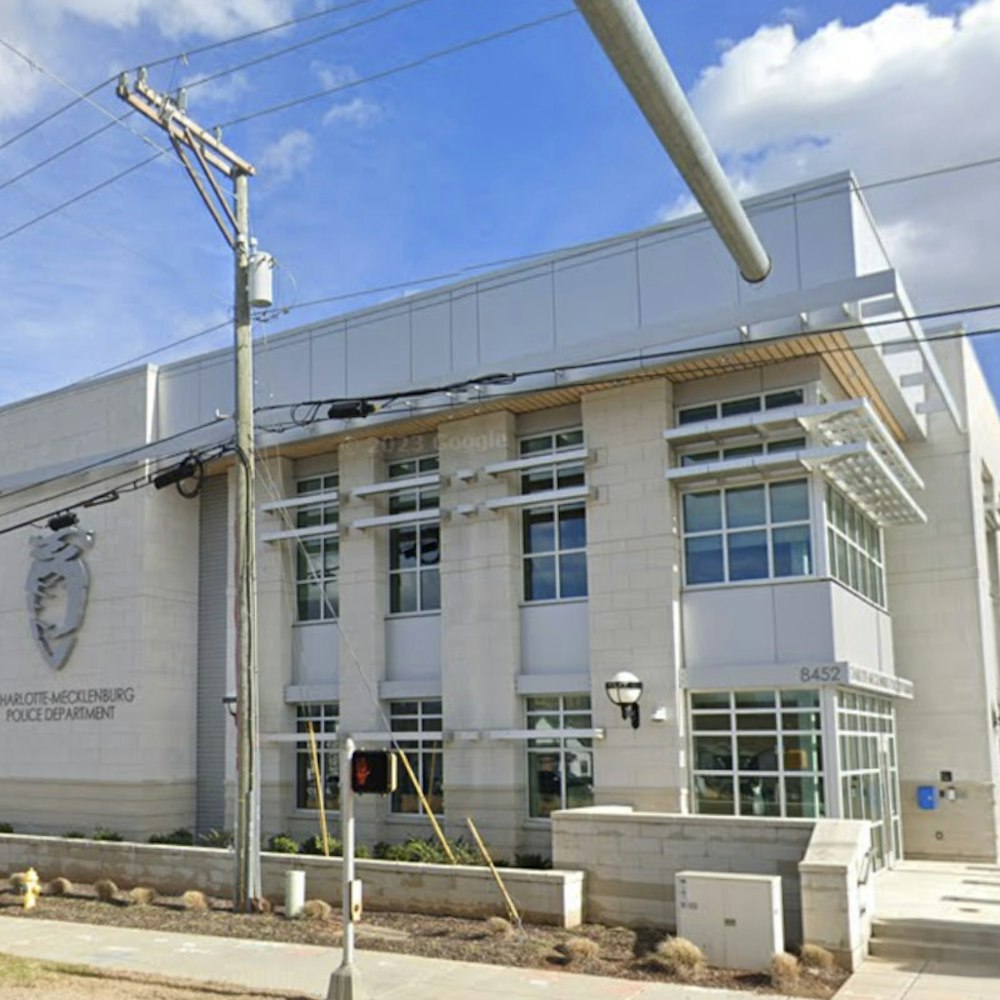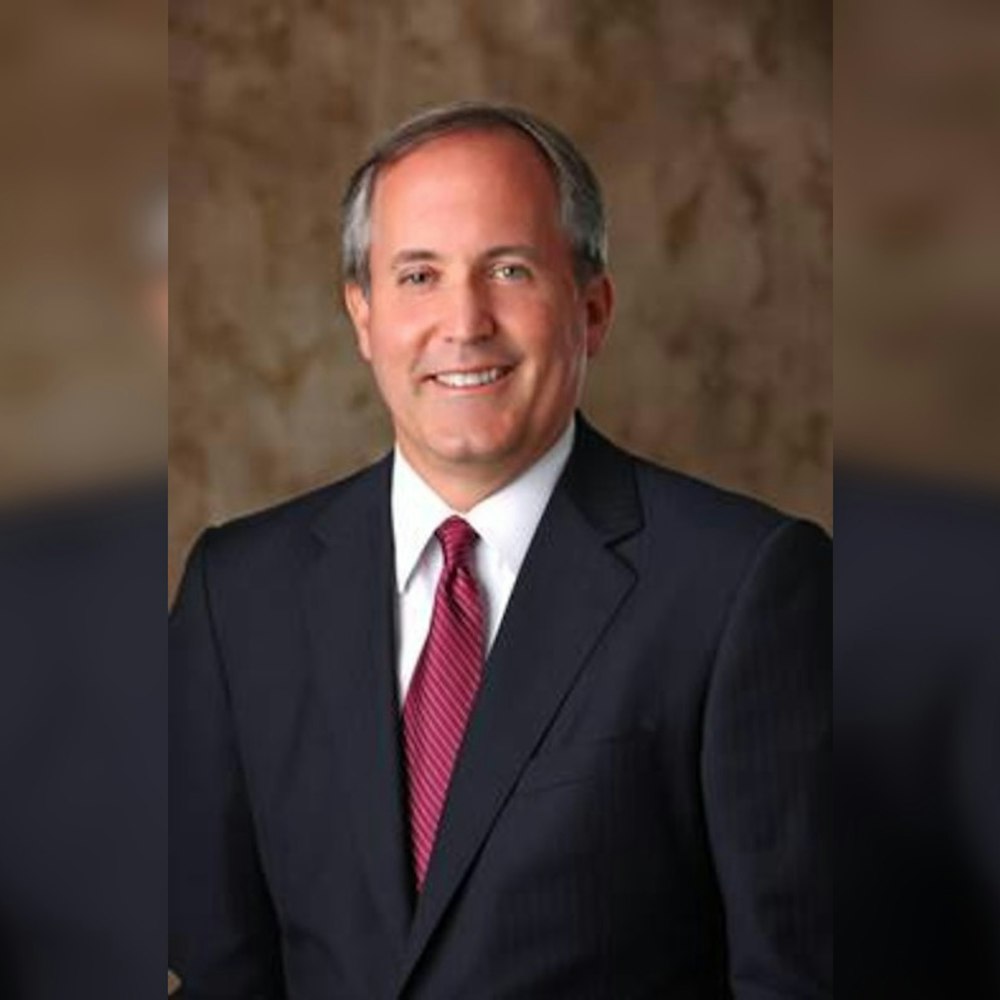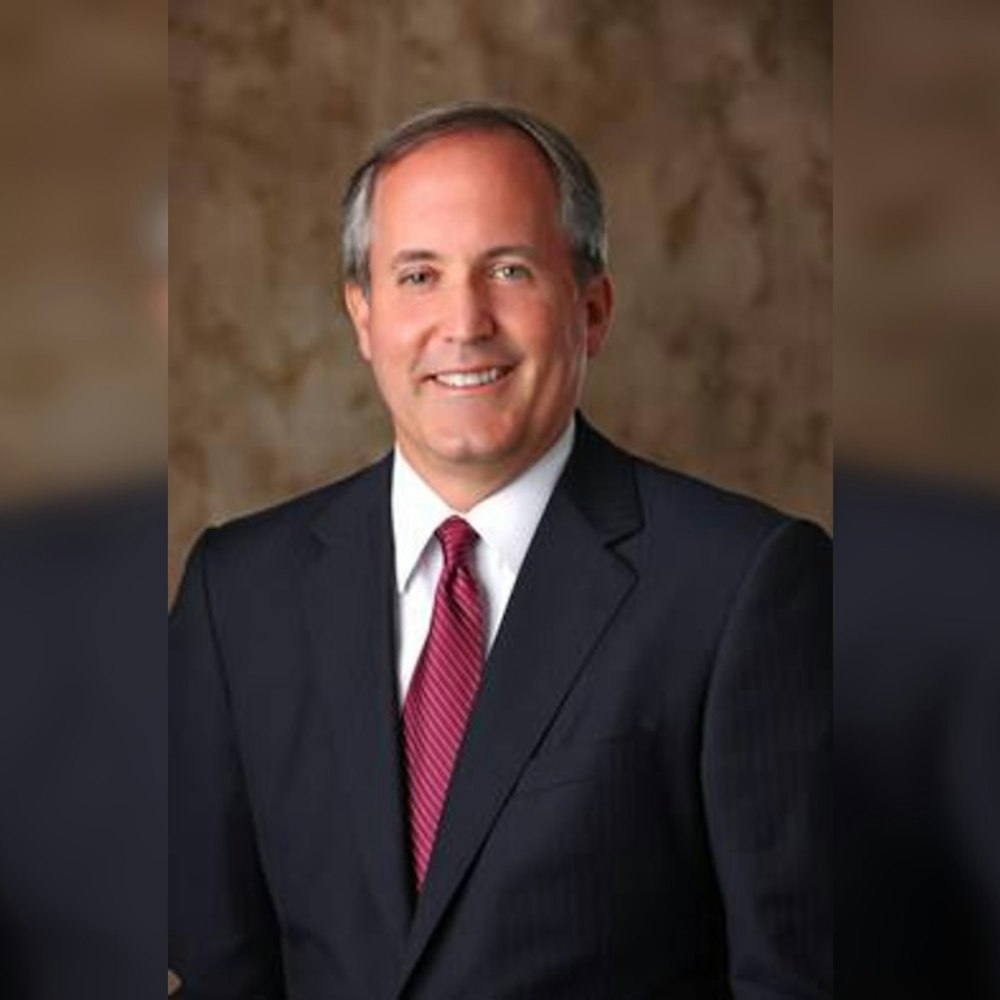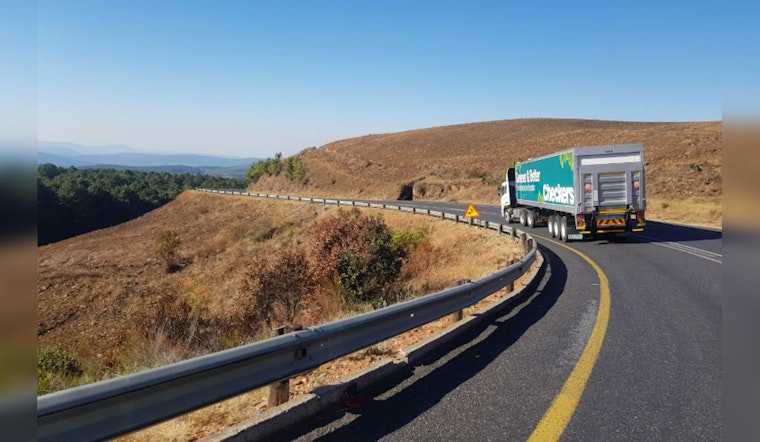
Arizona and other state troopers are making their presence known on Capitol Hill this week, voicing strong opposition to any legislation that would permit heavier trucks on U.S. highways. Among the law enforcement pushing back is Jeffrey Hawkins, president of the Arizona State Troopers Association, who, according to Arizona Public Media, stressed that the proposal to increase semitrailers weight limit will exacerbate dangers on the roads and lead to more severe accidents. "We only have 63% of Phoenix filled, currently, with troopers," Hawkins stated, emphasizing the resource scarcity and increase in response times that could compound risks.
Current federal regulations, set back in 1982, cap truck weights at 80,000 pounds but a proposed bill seeks to push that to 91,000 pounds under a five-year pilot initiative. Backers claim adding a sixth axle to trucks would not only allow for hauling more cargo but would also provide additional braking capacity. However, law enforcement officials, like Hawkins, warn that such increases would stress the already strained transportation system and potentially lead to roadways lined with the debris of calamity where response teams, thinned out and stretched far, are racing against the slow tick of a clock not crafted with mercy. Hawkins also joined counterparts from Louisiana and Illinois to rally lawmakers from their respective states against the proposal.
Detailed in a January session held by the House Committee on Transportation and Infrastructure, the pilot program has found opposition in the Coalition Against Bigger Trucks; a conglomerate that includes law enforcement, rail freight interests, and independent truck drivers. They argue that turning roads into testing grounds for larger vehicle weights effectively makes "guinea pigs" out of unsuspecting drivers, as stated in a gathering organized by the group where Hawkins participated. With tractor-trailers involved in 2,760 crashes in Arizona alone in 2022, with 111 of those fatal, the group stands firmly against an increase in truck weights that they believe would only exacerbate such numbers.
On the flip side, The Shippers Coalition, which counts heavy hitters like Coca-Cola and The Home Depot among its ranks, claims that despite the concerns about infrastructure strain and increased difficulty in control, the proposed extra axle would mitigate these consequences through improved braking. As reported by Arizona State Troopers, with only two of Arizona's 15 counties maintaining round-the-clock trooper presence, the impact of a highway mishap becomes magnified under the weight of delayed emergency response, carving deeper, the financial and human toll on the community. Backing the trucking industry's ambition for heavier loads, the coalition touts that fewer trucks might be needed on the roads with increased cargo per transport, although skeptics argue this might shift the freight burden from rail to road.
Concerns are not purely speculative. A recent analysis by the National Association of Counties and the National Association of County Engineers highlighted that roughly one in five bridges nationwide might crumble beneath the added load of 91,000-pound trucks, with the potential bill to taxpayers cresting at an estimated $60 billion for necessary upgrades and repairs. Current data is insufficient, according to the Federal Highway Administration, to conclusively compare the crash rates of trucks above and below the current weight limit, leaving significant room for debate. Arizona's own flirtation with the higher truck weights during a temporary lift of limits in 2016 underscores the immediacy of these concerns for states bordering Mexico, where efficiency of freight shipping and supply chain demands grapple incessantly with public safety and infrastructure longevity.
-1.webp?w=1000&h=1000&fit=crop&crop:edges)
